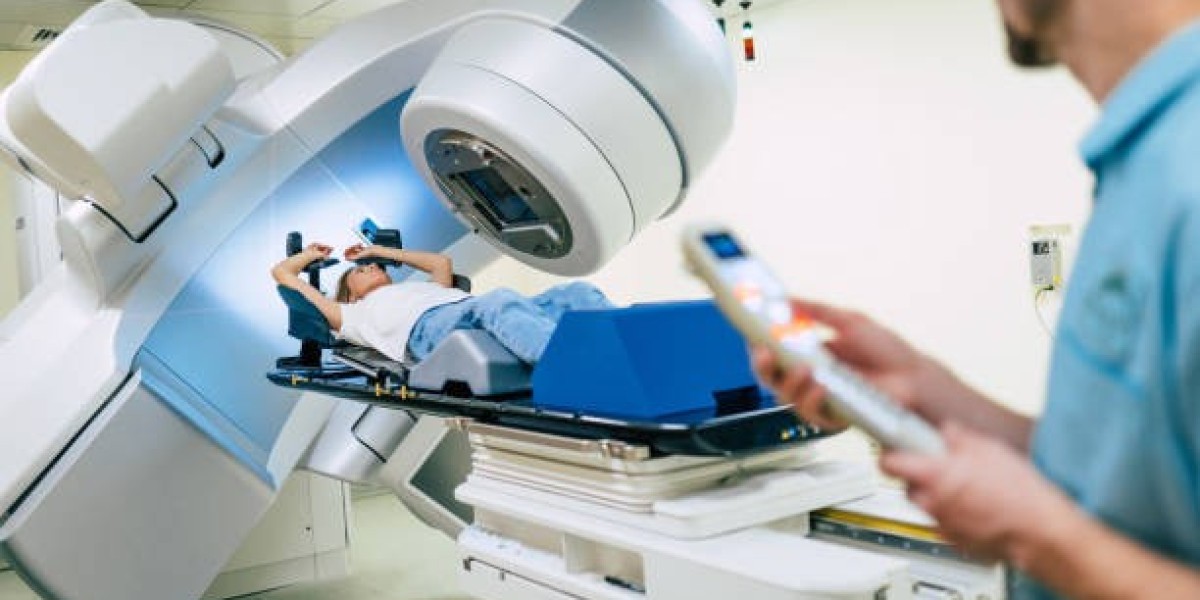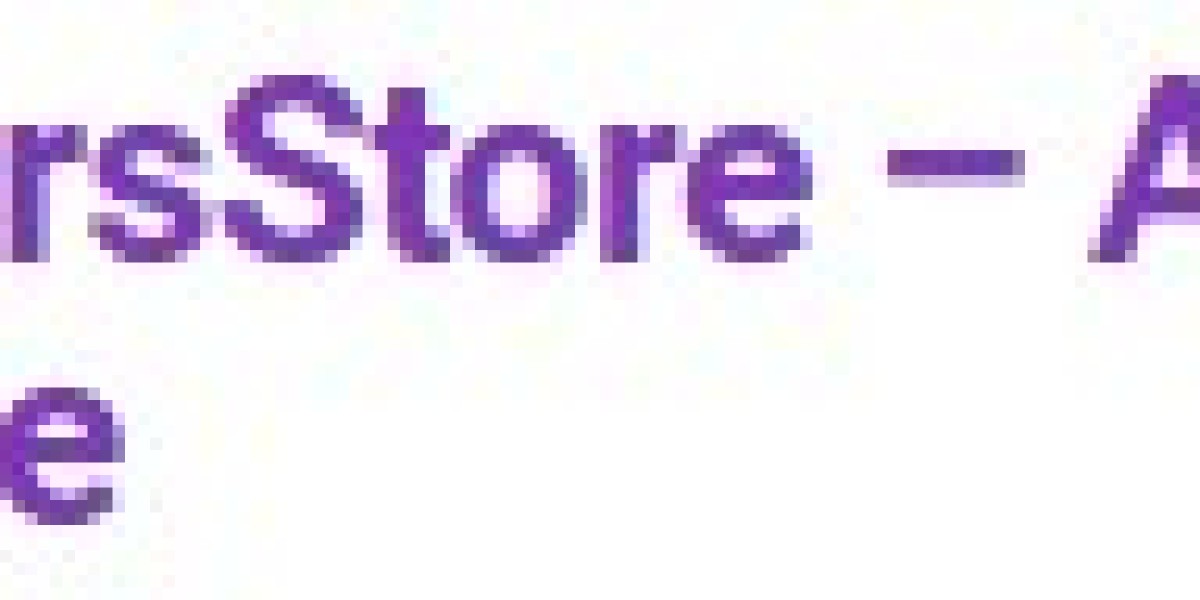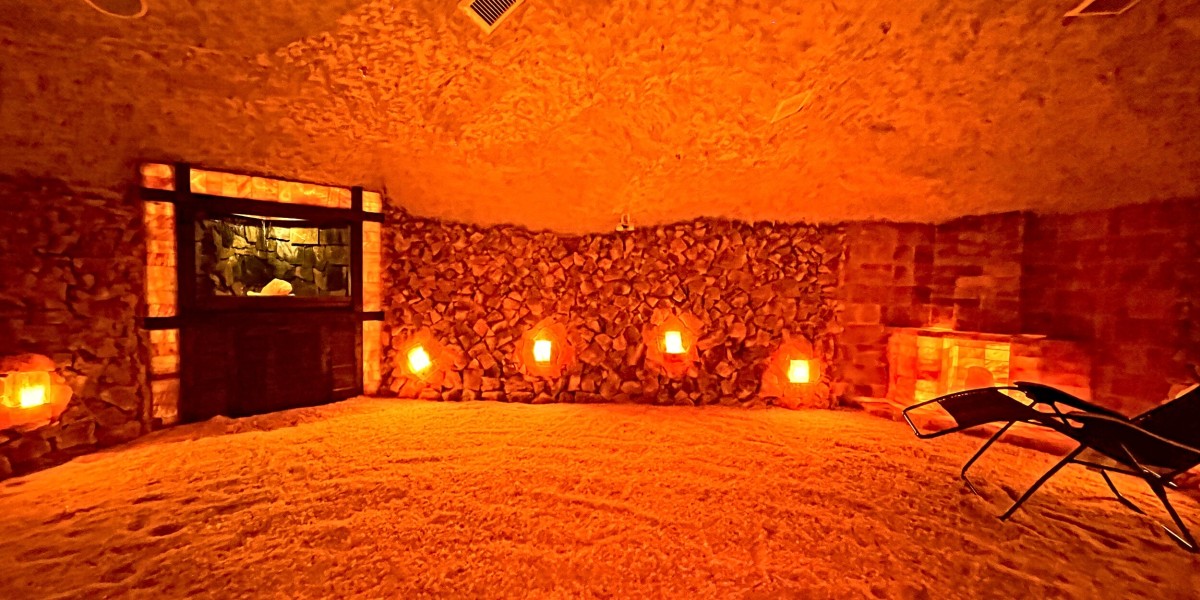In recent years, the importance of oncological screening in Riyadh(الكشف عن الأورام بالرياض) has gained significant attention. With an increasing focus on early detection and prevention, many residents are sharing their personal experiences to encourage others to prioritize their health. This article explores various narratives from individuals who have undergone screening, shedding light on their motivations, fears, and the overall impact of the experience on their lives.
The Importance of Oncological Screening
Before diving into personal stories, it’s essential to understand what oncological screening in Riyadh entails. These screenings are medical tests performed to detect cancer at its earliest stages, even before symptoms appear. Common types of screenings include mammograms for breast cancer, colonoscopies for colorectal cancer, and Pap tests for cervical cancer.
Early detection can significantly increase the chances of successful treatment and survival. In Riyadh, healthcare authorities emphasize the need for regular screenings as part of a proactive approach to health management.
Aisha's Journey: From Fear to Empowerment
Aisha, a 35-year-old teacher from Riyadh, shares her experience with oncological screening in Riyadh. She recalls her initial apprehension before scheduling her first mammogram. “I had heard so many scary stories about cancer, and the thought of getting screened made me anxious,” she admits.
However, Aisha decided to overcome her fears by educating herself about the screening process. She learned that the procedure is quick and often painless. “Once I understood what to expect, I felt empowered to take control of my health,” she says.
On the day of her screening, Aisha was pleasantly surprised by the professionalism and care shown by the staff. “They explained everything step-by-step, which made me feel comfortable,” she remembers. The results came back negative, but Aisha realized that the experience had changed her perspective on health. She now encourages her friends and family to prioritize oncological screening in Riyadh.
Khaled’s Experience: Navigating the Unknown
Khaled, a 42-year-old businessman, had a different journey. He shares that he initially dismissed the need for oncological screening in Riyadh due to his busy lifestyle. “I thought I was too young to worry about cancer,” he explains. However, after a family member was diagnosed with cancer, he decided it was time to take action.
“My family encouraged me to get screened, and I was terrified,” Khaled admits. “I didn’t know what to expect, and I was afraid of what they might find.”
He scheduled a colonoscopy, a screening he had long avoided. Khaled describes the day of the procedure as nerve-wracking but ultimately rewarding. “The staff was incredible. They walked me through every step, which helped ease my anxiety,” he recalls.
The results were clear, and Khaled felt a tremendous weight lifted off his shoulders. “Getting screened gave me peace of mind. Now, I advocate for regular screenings among my peers,” he states.
Fatima's Reflection: A Family Affair
For Fatima, a 50-year-old mother of three, oncological screening in Riyadh became a family affair. After her sister was diagnosed with breast cancer, Fatima knew she had to take action. “I didn’t want to live in fear, so I decided to get screened,” she explains.
Fatima scheduled her mammogram and invited her daughters to join her. “I wanted to show them the importance of taking care of their health,” she says. On the day of the screening, the atmosphere was light-hearted, with the family making jokes to ease the tension.
When Fatima received her results, she was relieved to learn that everything was normal. “The experience brought us closer together. We realized that discussing health is essential,” she reflects. Now, Fatima actively participates in community workshops to promote awareness about oncological screening in Riyadh.
Abdullah's Courage: Facing a Diagnosis
Abdullah, a 60-year-old retiree, had a more challenging experience. He shares his story of being diagnosed with prostate cancer after undergoing oncological screening in Riyadh. “I always thought I was healthy until my doctor recommended a screening,” he explains.
Abdullah was initially in disbelief upon receiving his diagnosis. “It felt surreal. I had always taken pride in my health, and now I was facing cancer,” he recalls. Despite the initial shock, Abdullah found strength in his family and friends. “Their support was invaluable,” he shares.
Following his diagnosis, Abdullah underwent treatment and remained proactive about his health. “I realized that early detection was crucial. If I hadn’t gotten screened, I might have faced a more severe situation,” he says. Now, he advocates for oncological screening in Riyadh, encouraging men his age to prioritize their health.
Nour's Determination: Overcoming Stigmas
Nour, a 29-year-old professional, faced cultural stigmas regarding oncological screening in Riyadh. Growing up in a conservative environment, she felt hesitant to discuss her health. “I had always heard that cancer was a taboo topic. It made me reluctant to seek help,” she explains.
However, after attending a health seminar, Nour realized the importance of overcoming these barriers. “The speaker shared personal stories of survivors, and I felt inspired,” she recalls. She scheduled her first Pap test, determined to take charge of her health.
The experience was eye-opening for Nour. “The staff was understanding and supportive. I left feeling empowered and grateful for the care I received,” she says. Now, she uses her platform to educate others about the significance of oncological screening in Riyadh, breaking down stigmas and encouraging open conversations about health.
Community Initiatives: Making Screening Accessible
The stories shared by Riyadh residents highlight a growing awareness of oncological screening in Riyadh. Community initiatives play a crucial role in promoting early detection and accessibility to screening services. Many organizations in Riyadh have launched awareness campaigns, providing information about different types of screenings available and their importance.
Workshops and seminars are frequently held, encouraging residents to share their experiences and learn from one another. These initiatives help foster a supportive environment where individuals feel comfortable discussing their health concerns.
The Role of Technology in Screening
Advancements in technology have significantly impacted oncological screening in Riyadh. New screening methods and improved equipment have made the process more efficient and comfortable for patients. Many residents have reported positive experiences with modern imaging techniques, which allow for earlier and more accurate detection of cancer.
Telehealth services have also gained popularity, providing patients with easier access to information and consultations. This technological shift has helped demystify the screening process and encourage more individuals to participate.
Overcoming Barriers: What Can Be Done?
Despite the growing awareness of oncological screening in Riyadh, some barriers still exist. Many residents may face financial constraints or lack of access to information about available screening options.
To address these issues, community organizations and healthcare providers must continue to work together. Offering free or low-cost screenings, especially in underserved areas, can help ensure that all residents have access to essential health services.
The Road Ahead: Building a Culture of Health
The stories shared by Riyadh residents reflect a growing culture of health and wellness. By prioritizing oncological screening in Riyadh, individuals are taking significant steps toward better health outcomes. The more people share their experiences, the more others may be encouraged to seek screenings and engage in open conversations about health.
As the city continues to promote awareness and accessibility to screening services, it is vital for residents to remain proactive about their health. By supporting each other and sharing their journeys, the community can foster an environment where early detection is a priority for everyone.
Conclusion
The personal stories shared by Riyadh residents demonstrate the profound impact of oncological screening in Riyadh. From overcoming fears to embracing empowerment, each journey emphasizes the importance of early detection in the fight against cancer. As more individuals share their experiences, the hope is that the culture surrounding cancer screening continues to evolve, encouraging more people to take charge of their health and well-being.
By prioritizing oncological screening, Riyadh residents can not only improve their own health outcomes but also inspire others to do the same. Together, they can build a stronger, healthier community where cancer awareness and prevention are at the forefront.









